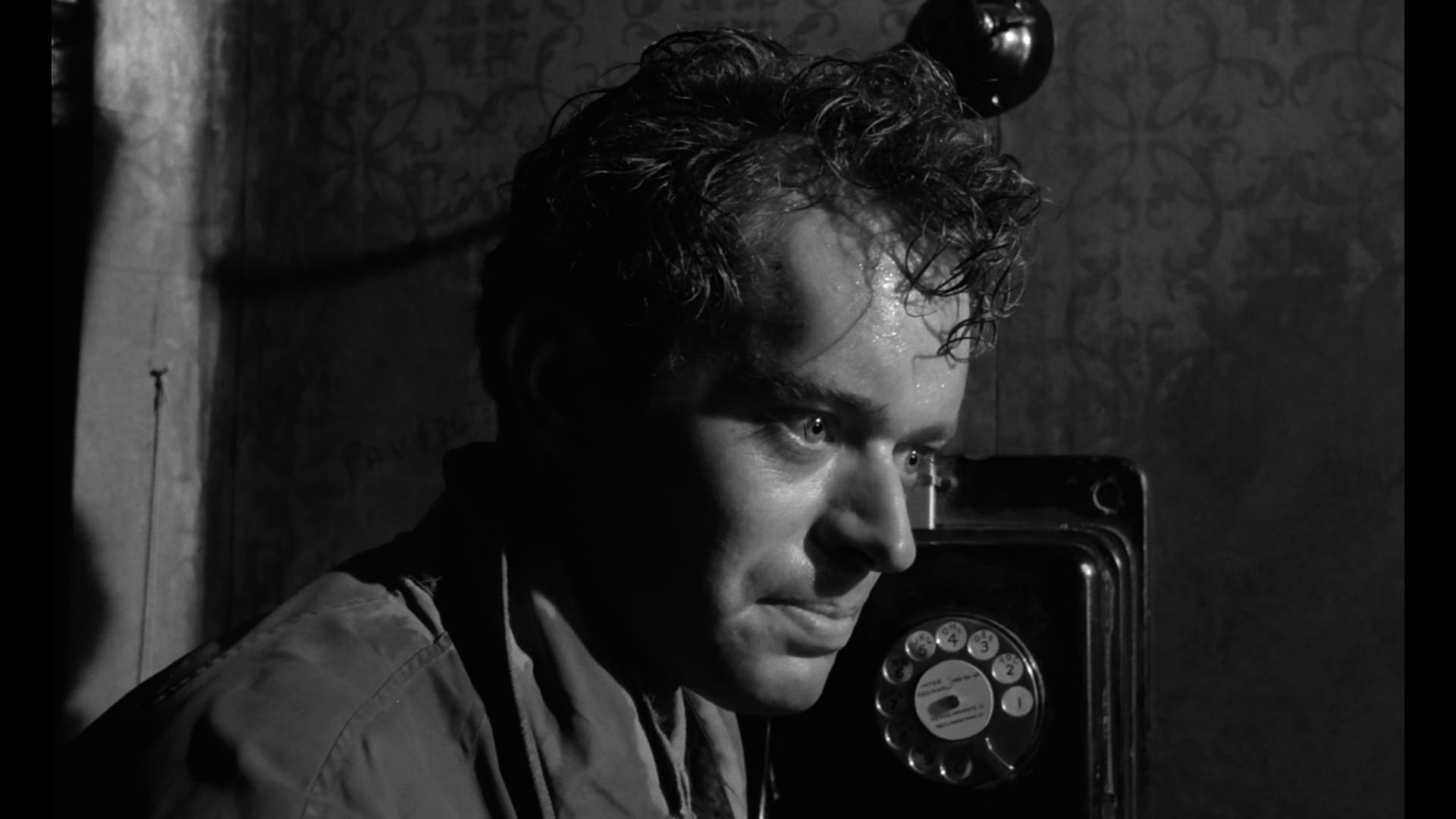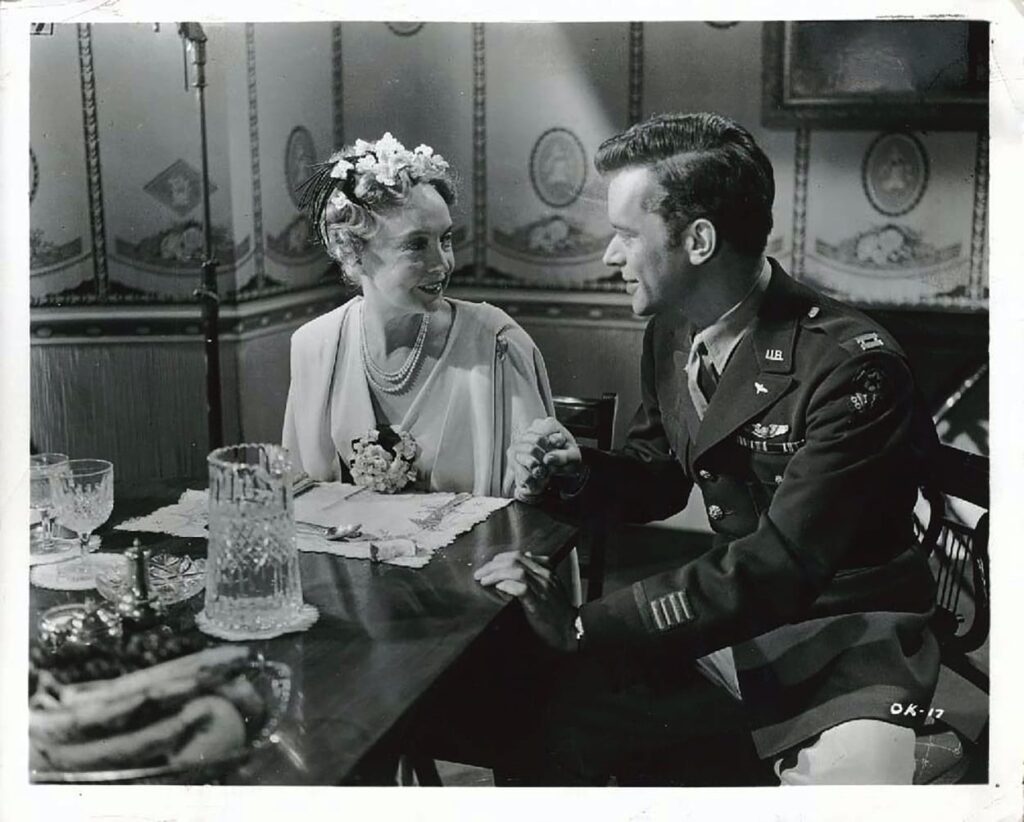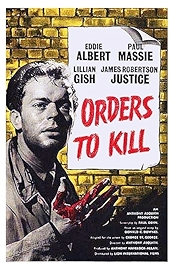A spy movie written by people who’d been actual on-the-ground spies, Orders to Kill is a gripping thriller with an unusual focus on psychology rather than action.
It’s set during wartime, in occupied France, where a member of the Resistance is suspected of selling agents down the river to the Nazis. Back in Boston, a war hero’s mother, played by silent movie legend Lilian Gish in scenes that could all be removed, is waiting for her son to return for some R&R. But her son is still in England, where he has been seconded at the last minute to go to France and assassinate the double agent.
Paul Massie plays young, naive Gene Summers, selected for the mission on account of his ability to speak French like a native but also because there is seemingly no one else available (!). In his initial briefing he’s asked if he’s OK killing someone in cold blood. Of course, he replies, having flown any number of bombing missions, he reasons, he’s well used to killing.
They are not the same thing, of course, which is what the film is largely about.
From here things get procedural – Summers is trained in the methods of killing and in resisting interrogation by the Nazis, before being dropped behind enemy lines. He arrives in Paris without event and makes contact with a seamstress and Resistance agent, Léonie (Irene Worth), who sets him up and points him towards Monsieur Lafitte (Leslie French), the target.
All does not go according to plan. Almost by accident, or as a joke by cruel fate, Summers and Lafitte get to know each other a little. Lafitte seems to be a decent sort. In last minute wobbles, Summers wonders aloud to Léonie whether there’s been a mistake and whether Lafitte could in fact be innocent. In the movie’s key scene, Léonie gives Summers the “for god’s sake just do it” speech. Worth is particularly good here – if these scenes don’t work, the movie doesn’t.
The original story was written by Donald Downes, who’d been a key OSS oficer during the war. Then Paul Dehn worked it into a screenplay. According to another ex-spy, John Le Carré, Dehn had been an assassin during the war, so his treatment had more than a smack of the personal about it. Dehn also went on to write the screenplays for Goldfinger and The Spy Who Came In from the Cold – also spy novels written by spies, yes, but both Ian Fleming and Le Carré had been more desk men than field men.
Downes and Dehn cover a lot of ground very nimbly – the greater good versus individual conscience, sticking to the plan versus gut feeling, remote killing versus face-to-face assassination.
In spite of the fact that Paul Massie was a Canadian, Dehn’s screenplay makes it a very British affair, with all the appeals to the big calls – bravery, selflessness, patriotism and so on – handled with irony and a stiff upper lip. When Summers is about to board the plane that will take him to France, the woman who has just packed his parachute looks at and says with a jokey laugh, “It will open.”
It’s a spankingly good-looking film, with crisp lighting by Desmond Dickinson and direction by Anthony Asquith, who seems as at home here with the spies as he was in the much more static and stagey The Importance of Being Earnest. After Irene Worth’s key speech, as Gene approaches his task, and in its aftermath, Asquith abandons the traditional filming style he’s been using and switches to handheld camera, changing into an emotional register that’s all the more effective because it’s so unexpected.
What a good film this is. At a technical level it’s just very well made. And in terms of storytelling it lays out the task for Summers and then watches pitilessly as he approaches the moment when he must do the deed. With psychology this engrossing, who needs action?
Orders to Kill – Watch it/buy it at Amazon
I am an Amazon affiliate
© Steve Morrissey 2023


